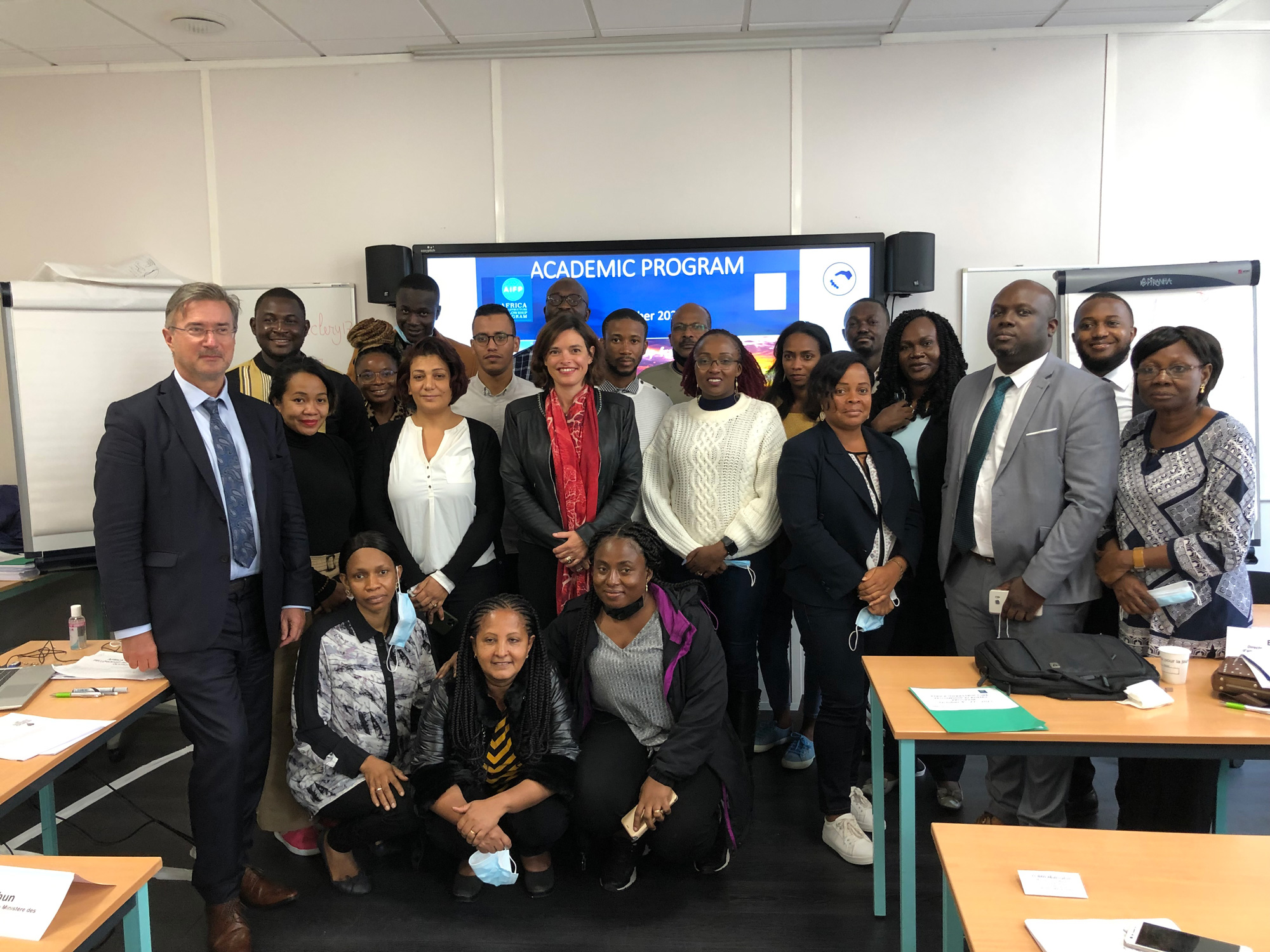916 results found
Featured results



More results
BCG has identified a series of best practices that underlie successful PPPs.

This publication from the IADB his publication covers PPPs with a focus on the implications for public finances in developing economies.
This report looks at the nature of Variable Renewable Energy (VRE) and the resulting challenges associated with the integration of VRE technologies into a power system. It provides an overview of the measures available to limit and manage these challenges. This report highlights the importance of increased flexibility when integrating high levels of VRE, and focuses on two sets of options to provide such flexibility: natural gas-fired power generation technologies and energy storage.

An infrastructure outlook on Indonesia to 2025. A publication by the PwC.

The urgent need for resilient infrastructure is widely acknowledged as pressure mounts on governments around the world to drive a post-pandemic recovery that embodies the promise of ‘building back better.’ Today, we look at what the pandemic has shown us about resilience in infrastructure and what resilient infrastructure might look like in the future.
This toolkit is designed to help decision makers and practitioners in states and municipal governments who are concerned with urban transport development in medium-sized cities in India.
The efficient movement of goods and people provides Central Asia with the tools for sustainable economic growth, according to the Central Asia Regional Economic Cooperation (CAREC) Transport and Trade Facilitation Strategy 2020.

Discover three trends in infrastructure design and use that resulted from the pandemic and are likely going to remain relevant to the infrastructure of the future.
The GI Hub is seeking evidence of successful approaches for financing and developing InfraTech that can be scaled and replicated across sectors and jurisdictions

Investment in public transit infrastructure can contribute to creating more inclusive societies. Public transit services are more often used by lower-income households, women and ethnic minorities.


In partnership with seven MDBs, the GI Hub has issued a Call for Submissions for technology-enabled solutions for sustainable roads. The program will provide governments and investors with a pipeline of technology-enabled solutions to make roads more sustainable, and will give technology solution providers an opportunity to pitch their solutions to MDBs for use on current and future road projects.
An introduction to our new blog series on policy implications related to key data findings from Infrastructure Monitor.
This month the GIobal Infrastructure Hub (GI Hub) was delighted to participate in the second Africa Infrastructure Fellowship Program (AIFP). The capacity-building program is designed to upskill African government infrastructure specialists, enabling them to facilitate increased investment in a pipeline of new, sustainable infrastructure that has positive social and economic impact in African communities.

This report seeks to identify key capital markets instruments that can help mobilize institutional investors to infrastructure and small and medium enterprises (SME) financing in emerging market economies (EMEs).



The study was initiated in the backdrop of significant near term challenges to Capital project and infrastructure (CP&I) spending.



The board of directors plays a key role in setting and overseeing an organization s strategy, including the planning and execution of key capital projects.


As of April 2019, the IFC successfully raised USD 7.1B from eight global investors through the MCPP, USD 3.6B worth of funds
The International Finance Corporation (IFC) has a mandate to mobilize private financing and is looking to do this through various syndicated products including: B Loans, Parallel Loans and A Loan Participations
In light of the overwhelming needs for infrastructure finance in emerging and developing economies and the limitations facing alternative flows of financing, there is a clear role of MDBs to continue and in fact step up their activities. The Infrastructure Finance in the Developing World Working Paper Series is a joint research effort by GGGI and the G-24 that explores the challenges and opportunities for scaling up infrastructure finance in emerging markets and developing countries.
The G20/OECD Checklist consists of a list of questions and issues that represent an effort to develop an evaluation tool to help those countries who wish to self-assess their long-term investment (LTI) strategy and policy framework and more.





 Infrastructure Technology (InfraTech)
Infrastructure Technology (InfraTech)







